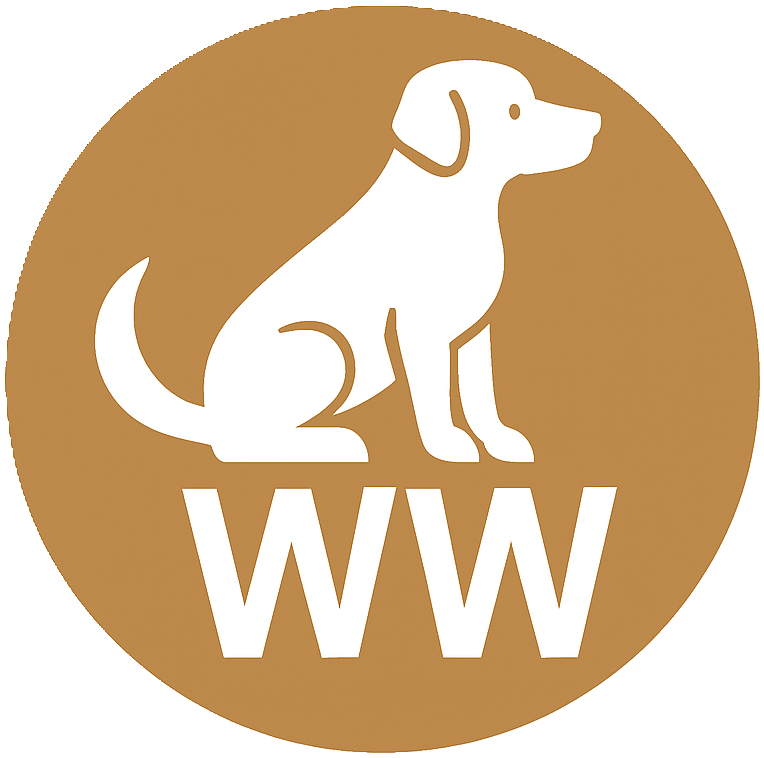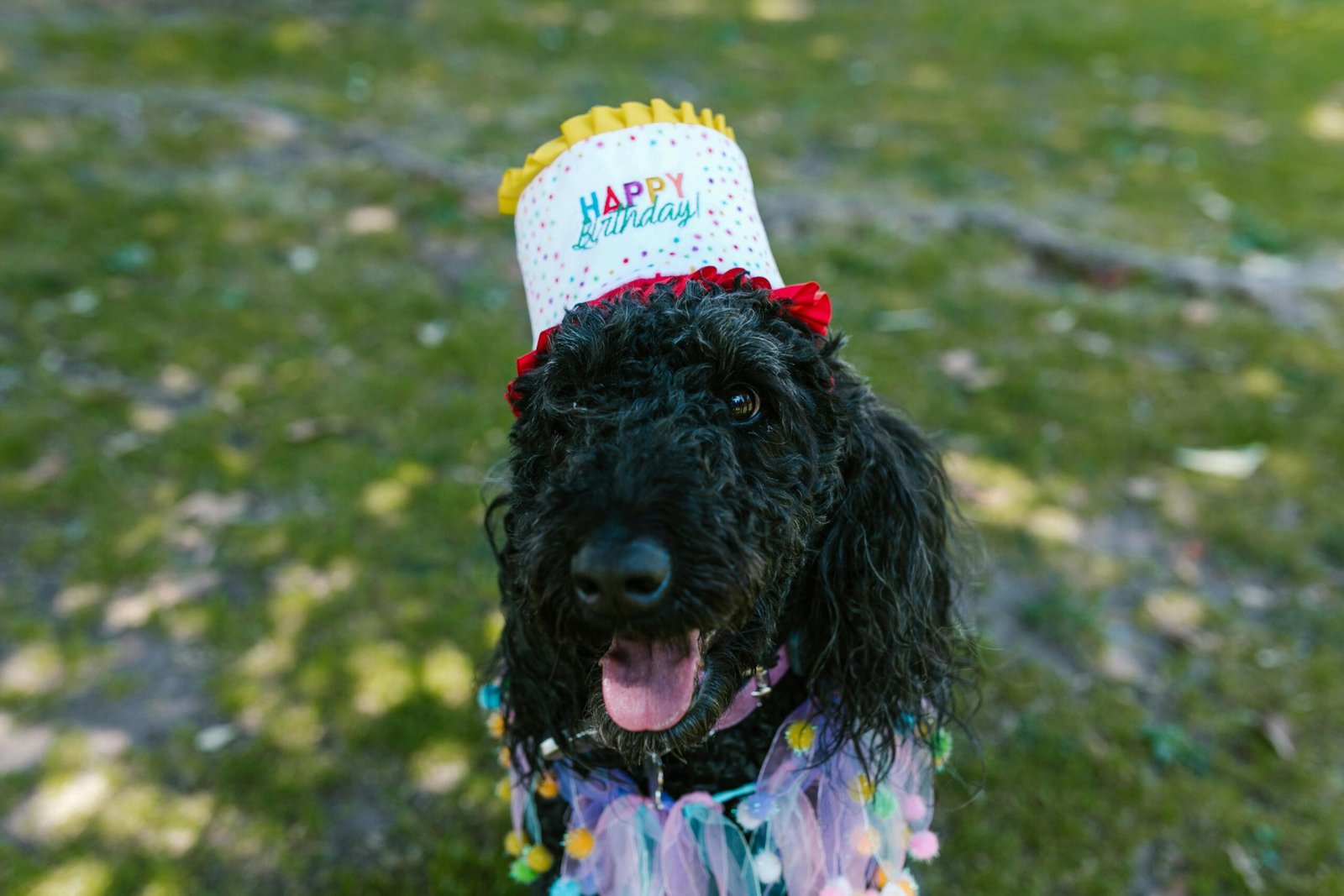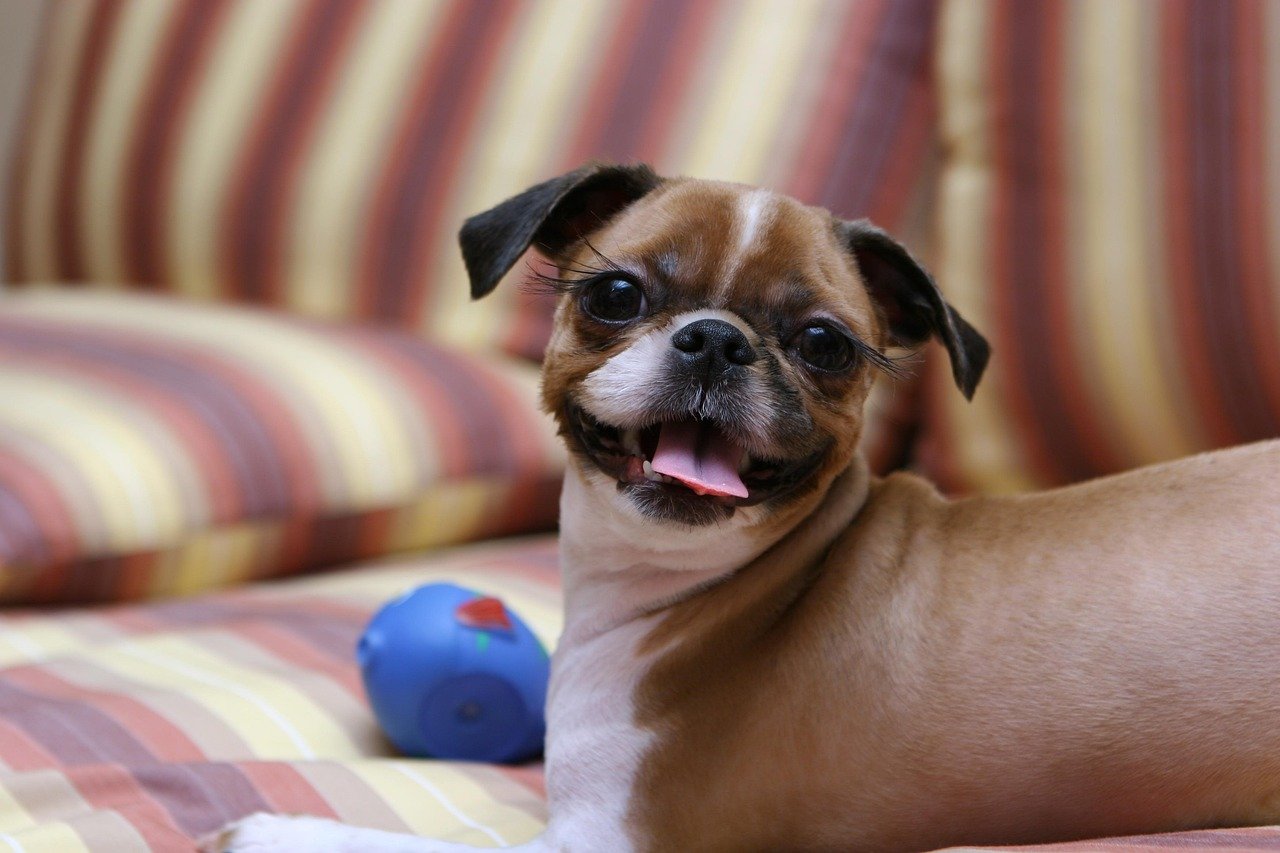Introduction
Few things bring as much joy as watching a group of happy dogs play together. Playdates aren’t just adorable—they’re essential for your puppy’s development. They teach social skills, build confidence, and help release energy in a positive way. Whether it’s your dog’s first time meeting new furry friends or you’re a seasoned host, this guide covers everything you need to plan a safe, fun, and tail-wagging puppy playdate.
Why Puppy Playdates Matter
Socialization is one of the most important aspects of raising a well-behaved dog. Puppies learn how to read other dogs’ signals, control their play intensity, and develop confidence around both humans and pets. Well-socialized dogs are less likely to develop fear-based aggression or anxiety later in life.
- Builds social skills: Puppies learn boundaries, bite inhibition, and dog body language.
- Reduces boredom and stress: Play releases endorphins and relieves anxiety.
- Provides mental stimulation: New scents, textures, and sounds keep the brain active.
- Encourages better manners: Dogs learn polite greetings and appropriate play styles.
1. Choose the Right Playdate Pals
The most important factor for a successful playdate is compatibility. Not every dog is a match—and that’s okay. Choose playmates that have similar play styles, size, and energy levels.
- Energy level: Match high-energy pups with equally playful dogs; calm dogs prefer mellow companions.
- Size and age: Avoid pairing large, rough players with very small or timid puppies.
- Temperament: Choose friendly, non-aggressive dogs who play well with others.
Pro tip: Arrange one-on-one introductions first before adding more dogs to the mix.
2. Pick the Perfect Location
The right environment helps everyone relax. Pick a safe, enclosed, and neutral space so no dog feels territorial.
- Private backyard: Great for small, controlled playgroups.
- Dog park (off-peak hours): Only if your dogs are already socialized and confident.
- Indoor dog play space: Ideal for winter or rainy days.
- Neutral park or field: Perfect for first meetings to avoid territory issues.
Remove any hazards such as sharp objects, small toys, or plants that could be toxic. Make sure fences are secure and water is easily accessible.
3. Safety First: Vaccines and Health Check
Before organizing any dog gathering, ensure all participants are healthy and up-to-date on vaccinations. This protects everyone from preventable illnesses like parvovirus or kennel cough. Ask owners to confirm:
- Core vaccines (rabies, distemper, parvo)
- Flea and tick prevention
- No recent illness or contagious symptoms
Healthy dogs mean happy playdates.
4. Introductions: The Calm Start
First impressions matter—especially for dogs. Begin introductions on neutral ground, with leashes on but relaxed. Allow each dog to sniff and greet naturally.
- Keep leashes loose to avoid tension.
- Watch for stiff postures, raised hackles, or growling—signs a break may be needed.
- Reward calm curiosity and relaxed body language.
Once everyone seems comfortable, you can remove leashes in a safe, enclosed area and let play unfold naturally.
5. Reading Dog Body Language
Understanding canine communication helps prevent problems before they escalate. Play should look balanced and reciprocal—both dogs take turns chasing, pouncing, or rolling over.
- Healthy play signs: Bouncy movements, play bows, relaxed tails, happy panting.
- Pause breaks: Dogs naturally pause mid-play to check in—this shows self-control.
- Time-outs: If one dog looks stiff, hides, or yelps, calmly separate them for a breather.
Always intervene early if play becomes too rough or one dog seems overwhelmed.
6. Bring the Essentials
Being prepared keeps things stress-free for both dogs and humans. Pack a simple playdate kit:
- Water and collapsible bowls
- Poop bags
- Towels or wipes (for muddy paws)
- Spare leashes and harnesses
- Favorite toys (avoid bringing too many to prevent resource guarding)
- First-aid basics (saline, bandage, antiseptic wipes)
7. Structured vs. Free Play
Both types of play are valuable. Unstructured play lets dogs burn energy and explore naturally. Structured games help channel excitement and build obedience.
- Free play: Let dogs chase, wrestle, or romp freely under supervision.
- Structured play: Add mini games like “follow the leader,” short recall drills, or gentle tug-of-war between breaks.
Alternate between the two to keep energy balanced and prevent overstimulation.
8. Keep Sessions Short and Positive
Less is more when it comes to playdates. Puppies tire quickly and can become cranky or overstimulated. Limit first playdates to 30–45 minutes, then gradually extend as your dog becomes more social.
Always end on a positive note—stop while the dogs are still having fun. That way, they’ll associate playdates with joy and excitement next time.
9. Food and Toy Etiquette
Resource guarding is common, especially around food or toys. Avoid feeding during playdates, and limit the number of toys available. If a dog becomes possessive, calmly remove the item and redirect attention elsewhere. Praise polite sharing behaviors and respect when one dog walks away from a toy.
10. Capture the Fun
Playdates are memory gold! Snap photos or short videos to capture joyful moments. Candid shots of dogs running, playing, or flopping in the grass make for great keepsakes—and social media posts. Just remember to supervise first and film second; safety always comes before the camera.
11. Cool Down and Recovery
After an energetic play session, give dogs a few minutes of calm time before heading home. Offer water, a light snack, or a short on-leash walk to help them unwind. A relaxed ending teaches dogs how to transition smoothly from high excitement to calm behavior—a valuable life skill.
12. Troubleshooting Common Issues
- Shy puppy? Pair with calm, patient dogs and allow slow introductions.
- Over-excited dog? Incorporate mini breaks or short training cues like “sit” and “watch me.”
- Minor scuffles? Stay calm. Use a loud clap or neutral “hey!” to interrupt, then separate and redirect.
13. Playdate Themes and Ideas
Once you’ve hosted a few successful playdates, try adding a little flair! Some fun ideas include:
- “Puppy Picnic” – Blankets, dog-safe snacks, and toys at a local park.
- “Agility Afternoon” – Simple obstacle setup with jumps and tunnels.
- “Costume Meet-Up” – Lighthearted themed playdates for holidays or birthdays.
- “Training + Play Combo” – Short obedience sessions followed by free play.
Mixing structure and creativity keeps both dogs and owners excited for each get-together.
Conclusion
Puppy playdates aren’t just about fun—they’re about building confident, well-rounded dogs who know how to navigate the world with joy and ease. With careful planning, safe introductions, and a bit of patience, you can create an environment where every tail wags and every pup learns something new. So grab a few dog-loving friends, pack some treats, and start planning your next canine get-together—it might just become your pup’s favorite day of the week!




